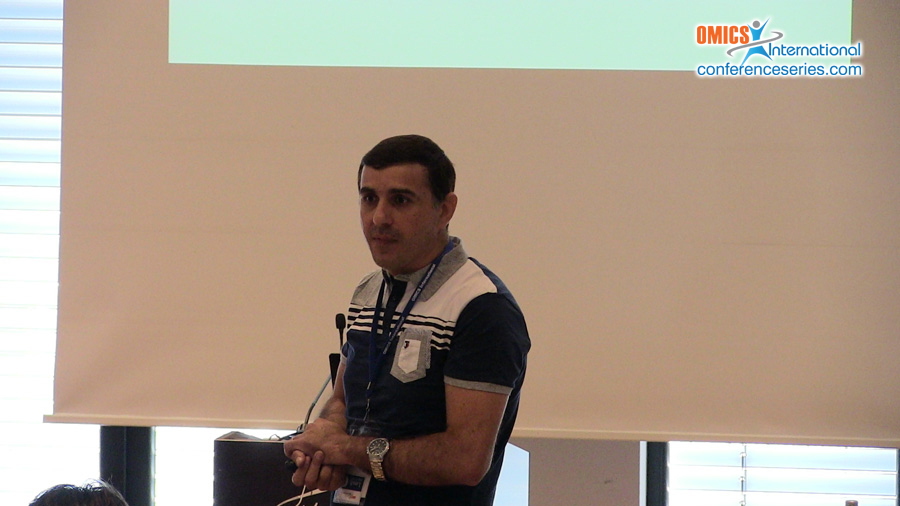
Soliman Khatib
MIGAL–Galilee Research Institute, Israel
Title: Analysis of volatile organic compounds in rats with dopaminergic lesion: possible application for early detection of Parkinson’s disease
Biography
Biography: Soliman Khatib
Abstract
Parkinson's disease (PD) is characterized by dopaminergic (DA) neuron depletion. Early detection of PD may help in selecting the appropriate treatment. Biomarkers of PD have been suggested, however none of these is currently in clinical use. The aim of this study was to identify volatile organic compounds (VOCs) as early biomarkers of PD. Our hypothesis was that during PD progression, specific VOCs are generated that are linked to the biochemical pathways characterizing PD. These VOCs can be detected by GC–MS combined with solid-phase microextraction (SPME) technique. Three groups of rats were studied: DA-lesioned rats injected with 6-hydroxydopamine (HDA; 250 μg/rat n=11); control rats injected with saline (n=9), and control rats injected with DSP-4 (n=8), a specific noradrenergic neuron toxin. Blood and striatal tissue homogenate were analyzed. In the blood, 1-octen-3-ol and 2-ethylhexanol were found at significantly higher concentrations in HDA versus sham rats. In the striatal homogenate 1-octen-3-ol and other four compounds were found at significantly lower concentrations in HDA versus sham rats. 1-Octen-3-ol is a cytotoxic compound. These results may lead to the development of an early diagnostic test for PD based on profiling of VOCs in body fluids.
Speaker Presentations
Speaker PDFs
Speaker PPTs Click Here

